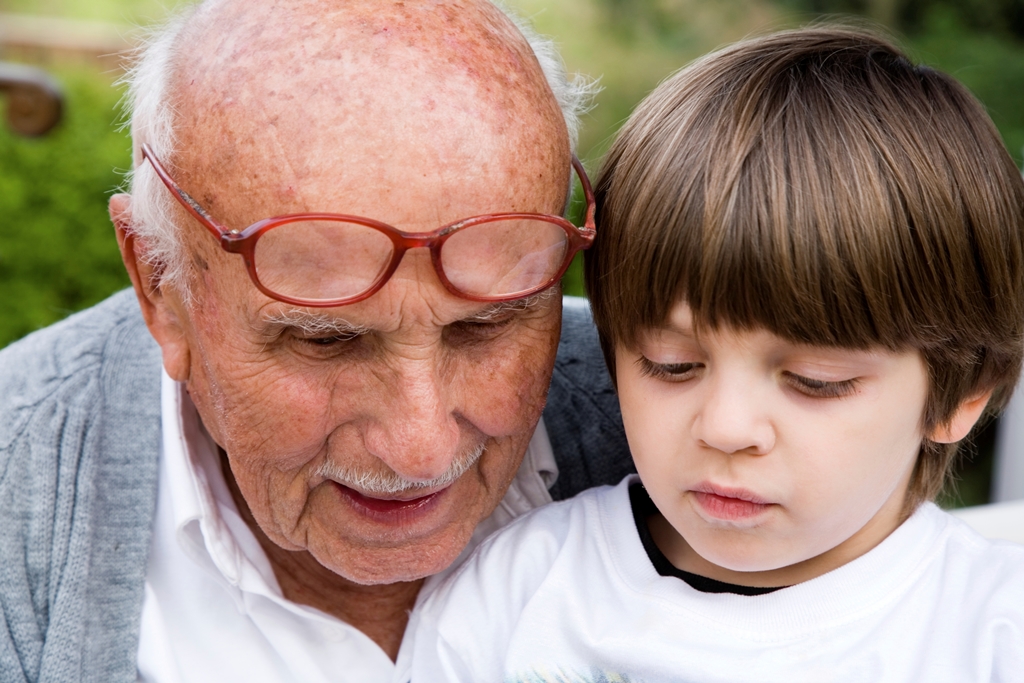Attachment: Providing a Sense of Competency and Empowerment For Vulnerable Children in High-Risk Families
Esther Wattenberg, September 2015 From time to time, a concerned visitor to my office will make a polite inquiry, after glancing at my cluttered desk: Have I heard of something called a “filing cabinet”? My muffled response is usually along these lines: “Yes, and I hope that person received the Nobel Prize for invention.” Occasionally, [...]
